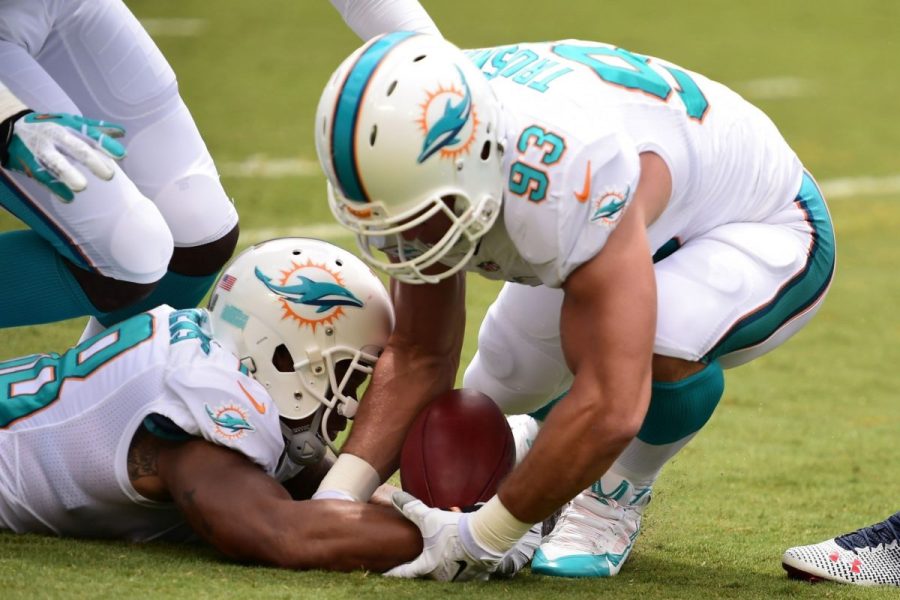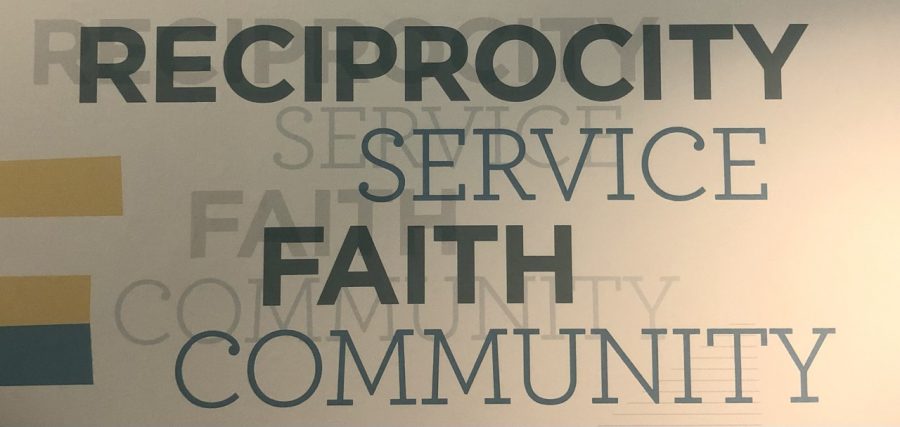The world of professional sports is very much removed from that of the ordinary fans. Athletes and coaches have big time contracts and are celebrities around the country and the world. What connects them with the ordinary people, their adoring fans are the members of the media who follow their every move.
Professional athletes are who they are because of the talent they possess, the hard work they’ve put forth over the course of their careers and the success they’ve achieved. They are the best athletes in the world competing at the highest level in their respective sports.
While athletes’ fame stems from their talents and skills, they are recognizable and many have celebrity-status because of the fans that continue to watch and pay money to see them perform. Fans inject money into sports: they buy and wear jerseys, they purchase expensive tickets in order to attend games and they shell out cash for $5 boiled hot dogs and $10 beers.
But, there is one more link in the chain that propels the world of sports more than anything: it’s the media. The men and women who cover sports and who report to fans through various mediums are providing fans with information they want to know and have that is only accessible because of the work the media does. Take the media out of the sports spectrum and fans lose the games they love.
Without television, newspaper, radio and other news mediums, professional sports would struggle to reach the broad audience they attract. It is well known that the massive inflation of athlete’s salaries is a direct result of the growth the game through television. The revenue that the big four pro sports leagues bring in from television deals alone has changed the game immensely. Athletes are, obviously, the center of attention in sports.
But it’s the media—the beat reporters, the editors, the sideline reporters, the television anchors, the producers, the public relations people, the radio commentators, the analysts, the videographers, the photographers and the bloggers—that presents the world of sports to fans everywhere. These are the men and women that enhance sports in a way that increases the fame of athletes, and brings fans closer to the game.
One of the biggest problems with the relationship between the media and athletes is the line that some media members walk: criticizing a player or calling them out in the media. Many media members have never played sports professionally, and some athletes take exception when those members of the media criticize their performance.
Take for instance this past summer, when Cincinnati Reds second basemen Brandon Phillips verbally attacked a beat reporter over the fact that there was a lineup change that saw Phillips move from batting fourth to second. Phillips was unhappy about a tweet the reporter made over his on-base percentage and began ripping the reporter, using profanities and making inappropriate comments about the reporter’s weight.
There was no reason to attack the reporter. The reporter was doing his job, and Phillips barged into then-manager Dusty Baker’s office and unleashed his verbal assault on the reporter. I don’t know if there was a prior history between Phillips and the reporter, but professional athletes need to have thick skin when it comes to incidents like this.
Another similar incident happened in baseball during this year’s American League Division Series between the Tampa Bay Rays and the Boston Red Sox, when David Price of the Rays got roughed up in his Game 2 start. Price received some criticism for his poor outing by a few baseball analysts. He proceeded to call the analysts “nerds” and sent out this tweet:
“Dirk Hayhurst…COULDN’T hack it…Tom Verducci wasn’t even a water boy in high school…but yet they can still bash a player…SAVE IT NERDS.”
This was unprofessional and uncalled for. While Price did apologize later, the damage was already done.
It probably gets exhausting for athletes when every little thing they do gets analyzed and each one of their stats is broken down and compared to the next player. But that is what sports have become and it’s what fans want to hear about and discuss. Athletes must understand that without the media, sports aren’t what they are. The media must know they are dealing with human beings and that sometimes when you say the wrong thing, someone might have something to say back.
There will be some media members who ask questions they shouldn’t ask, trying to instigate something for a story. There will be some athletes who are just plain nasty to reporters because the reporter never played so they don’t know what it’s like.
But the media and athletes need one another—no matter what one says or tweets about the other.










































































































